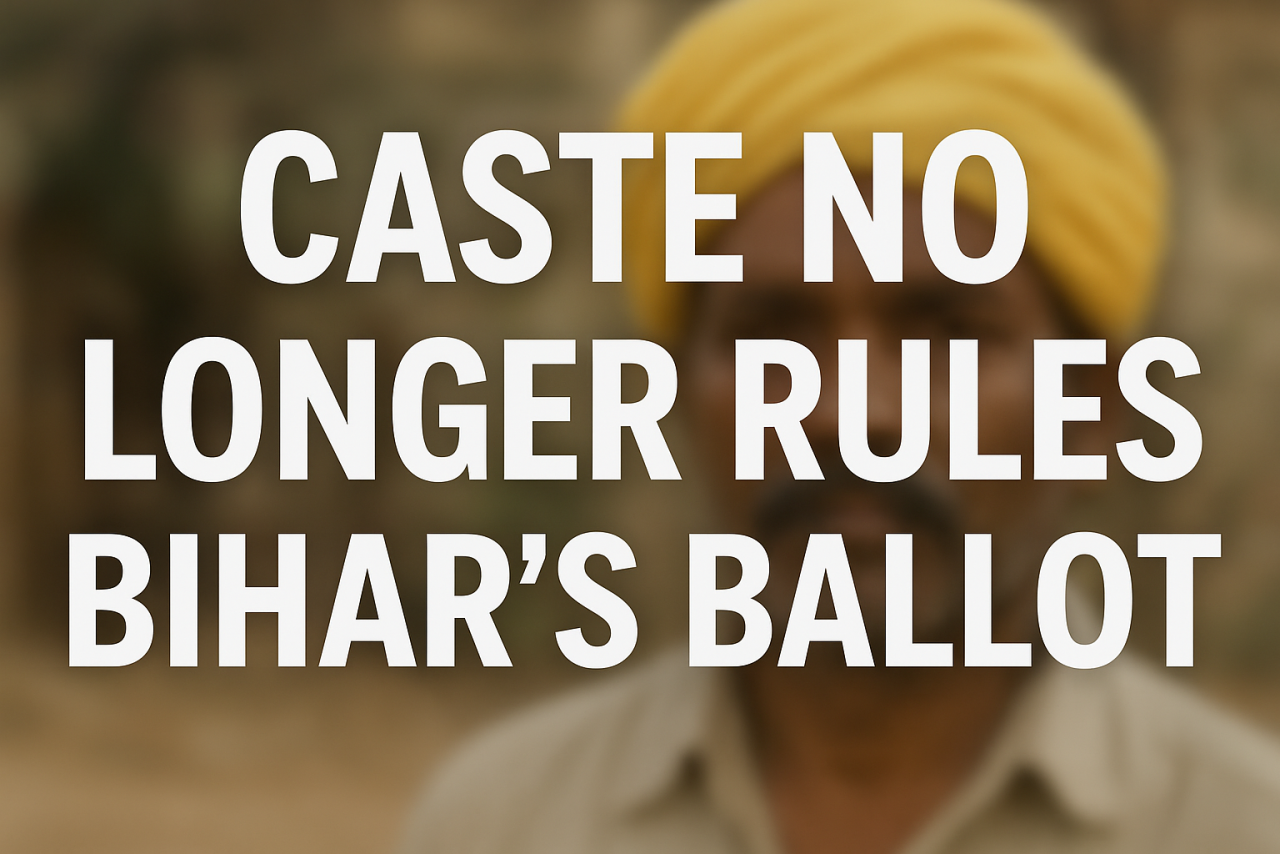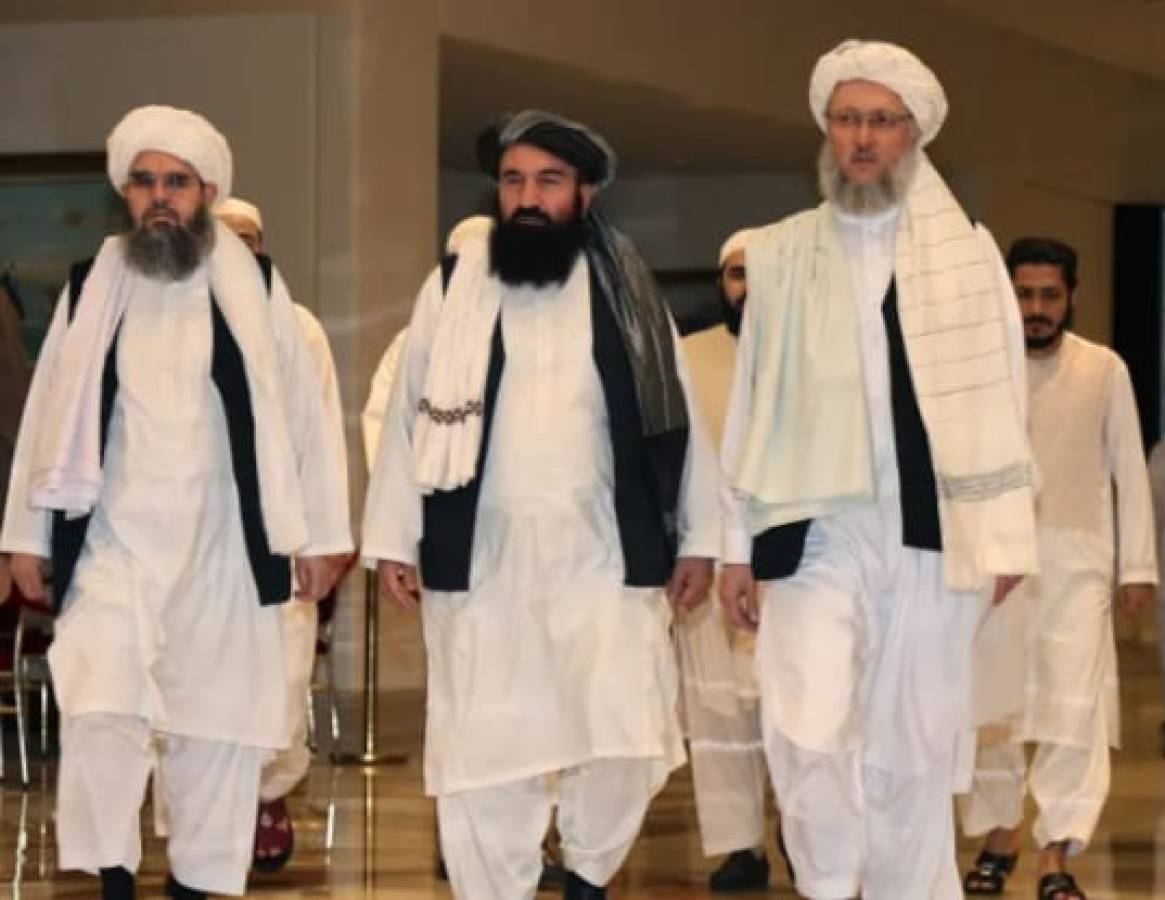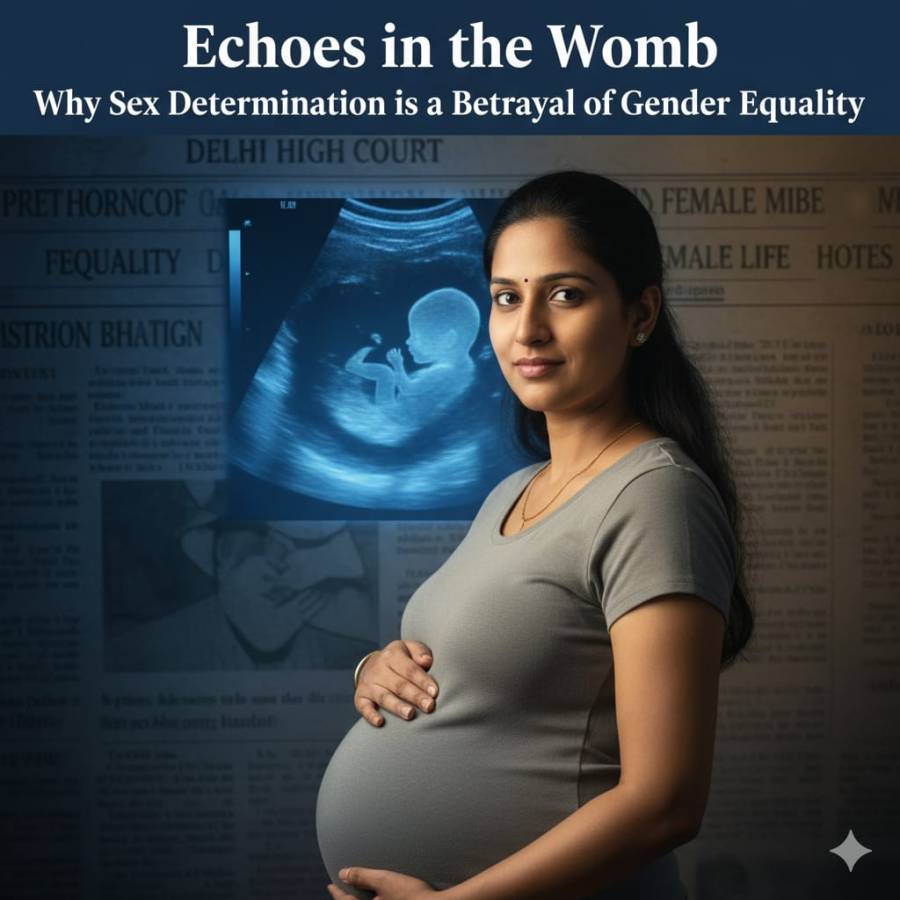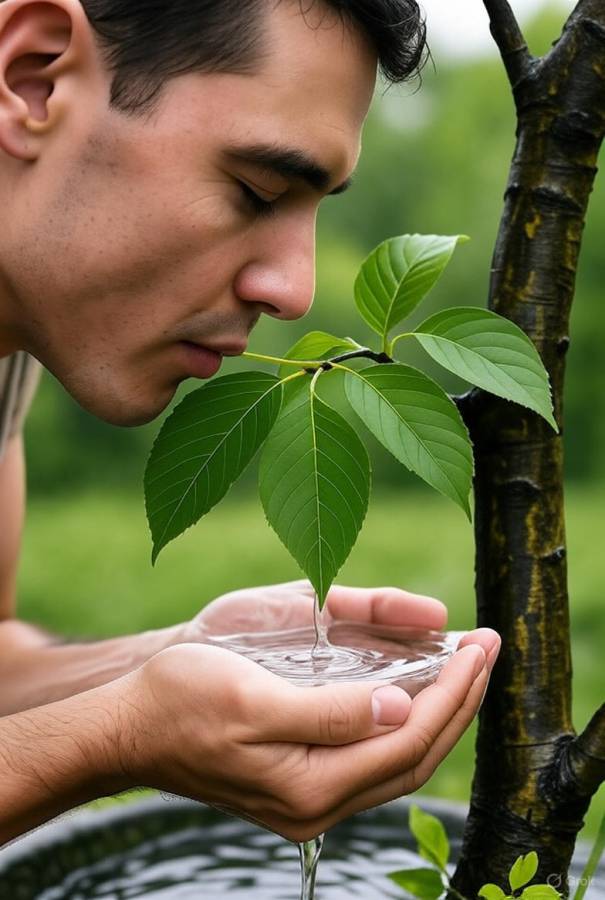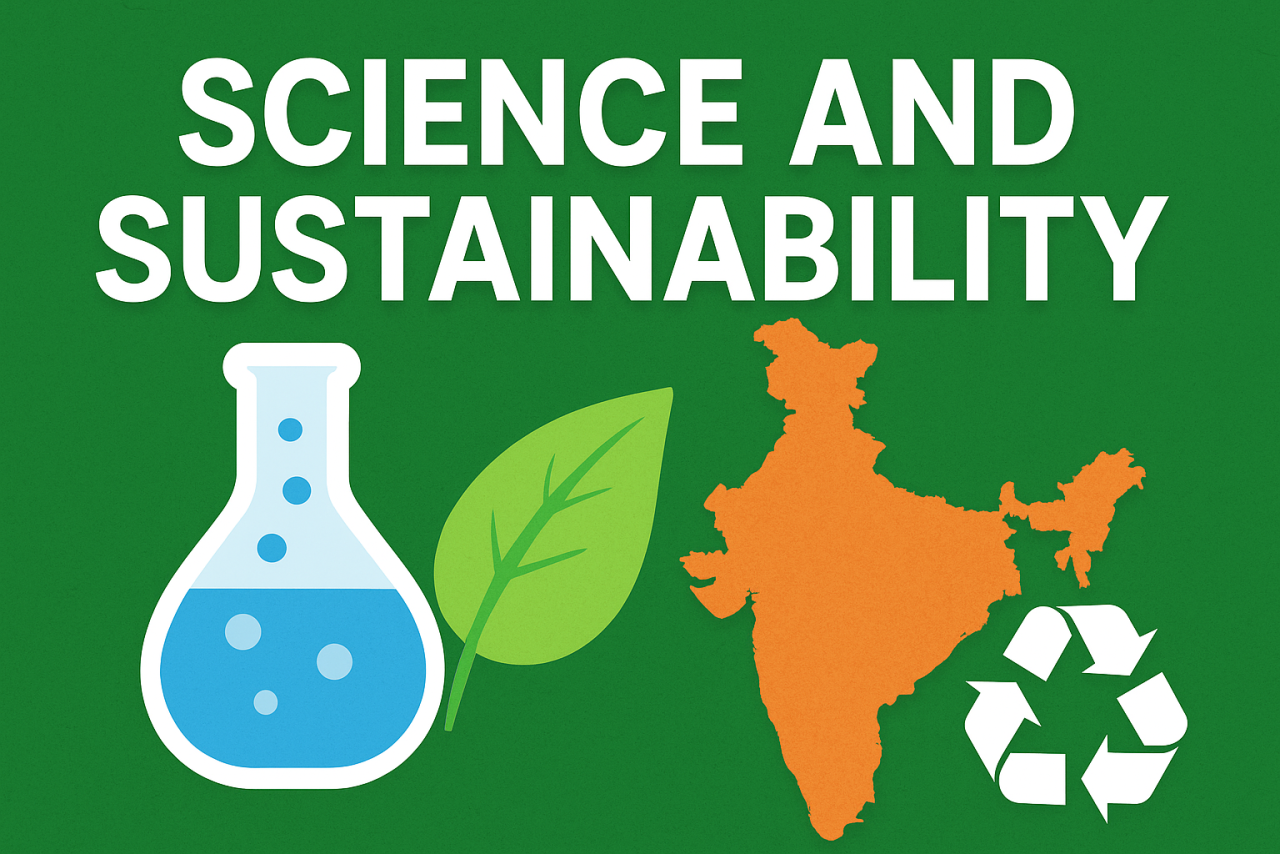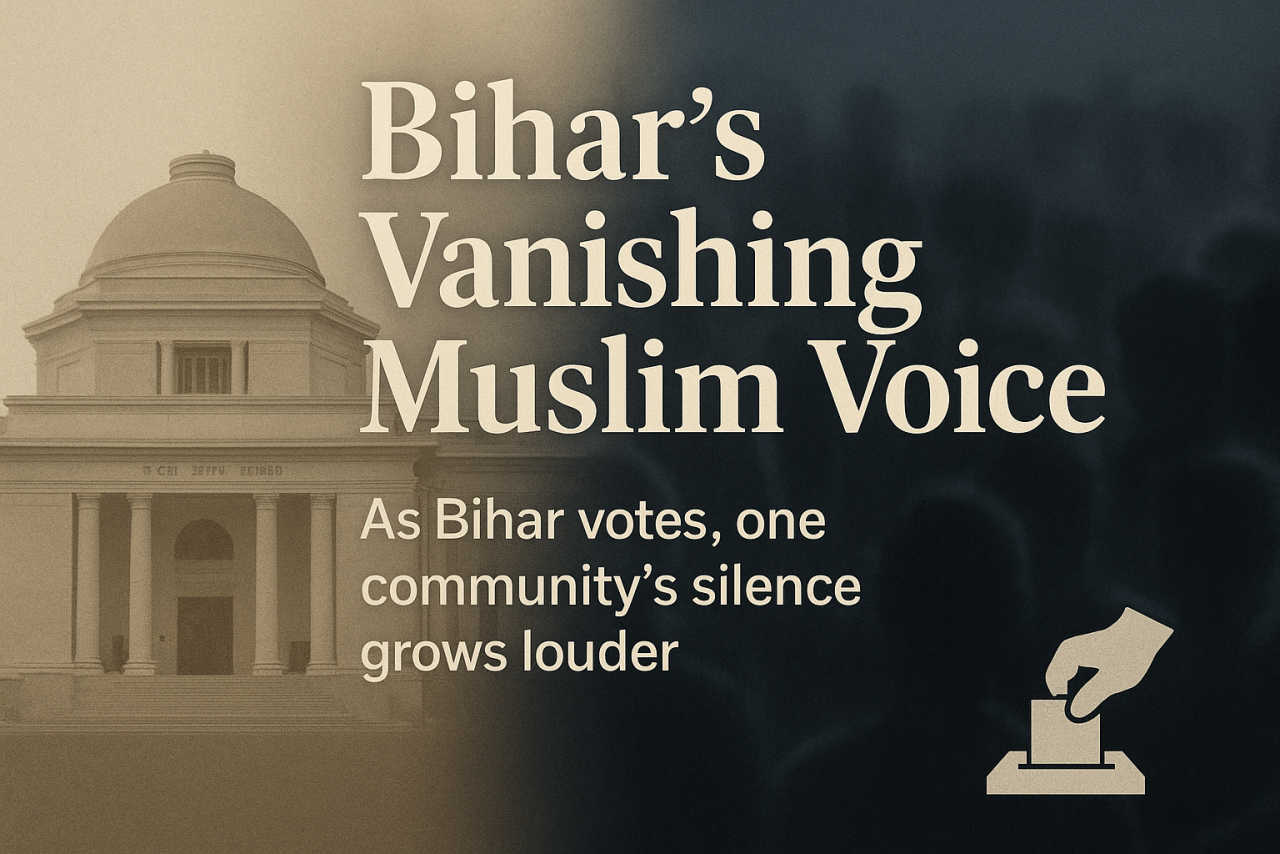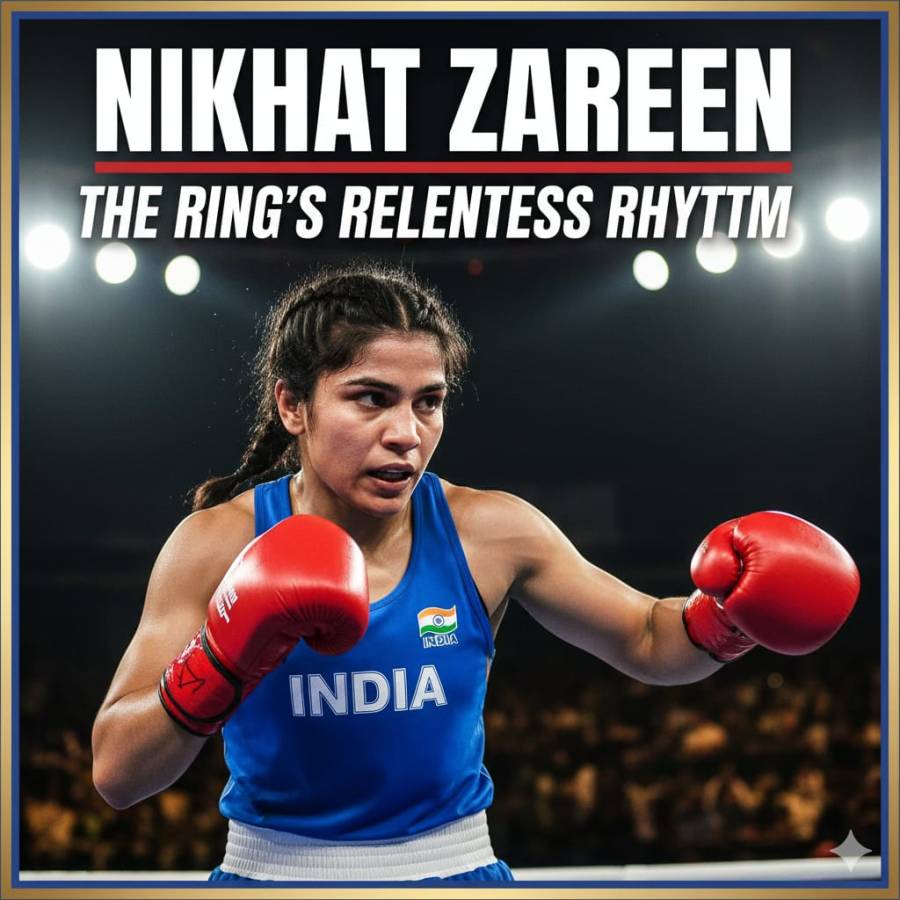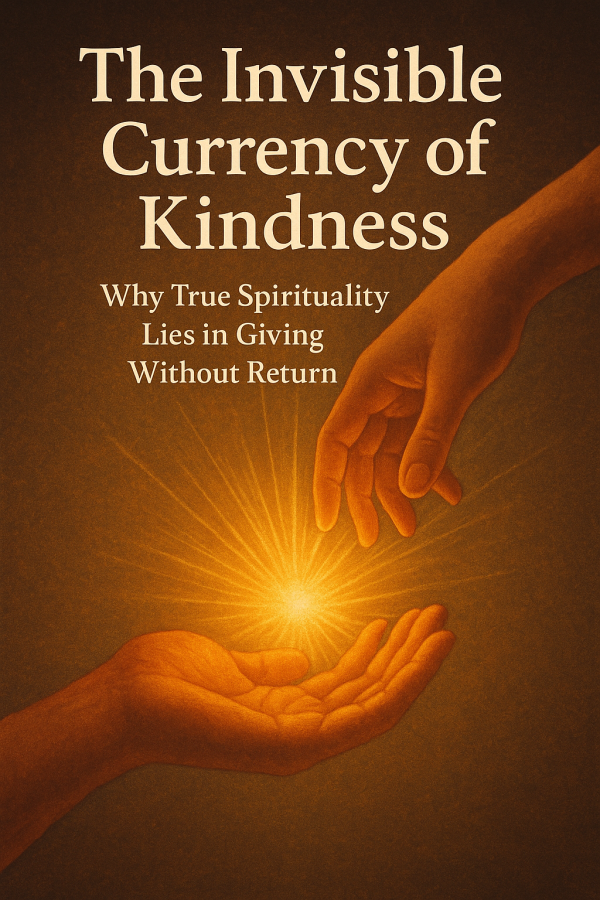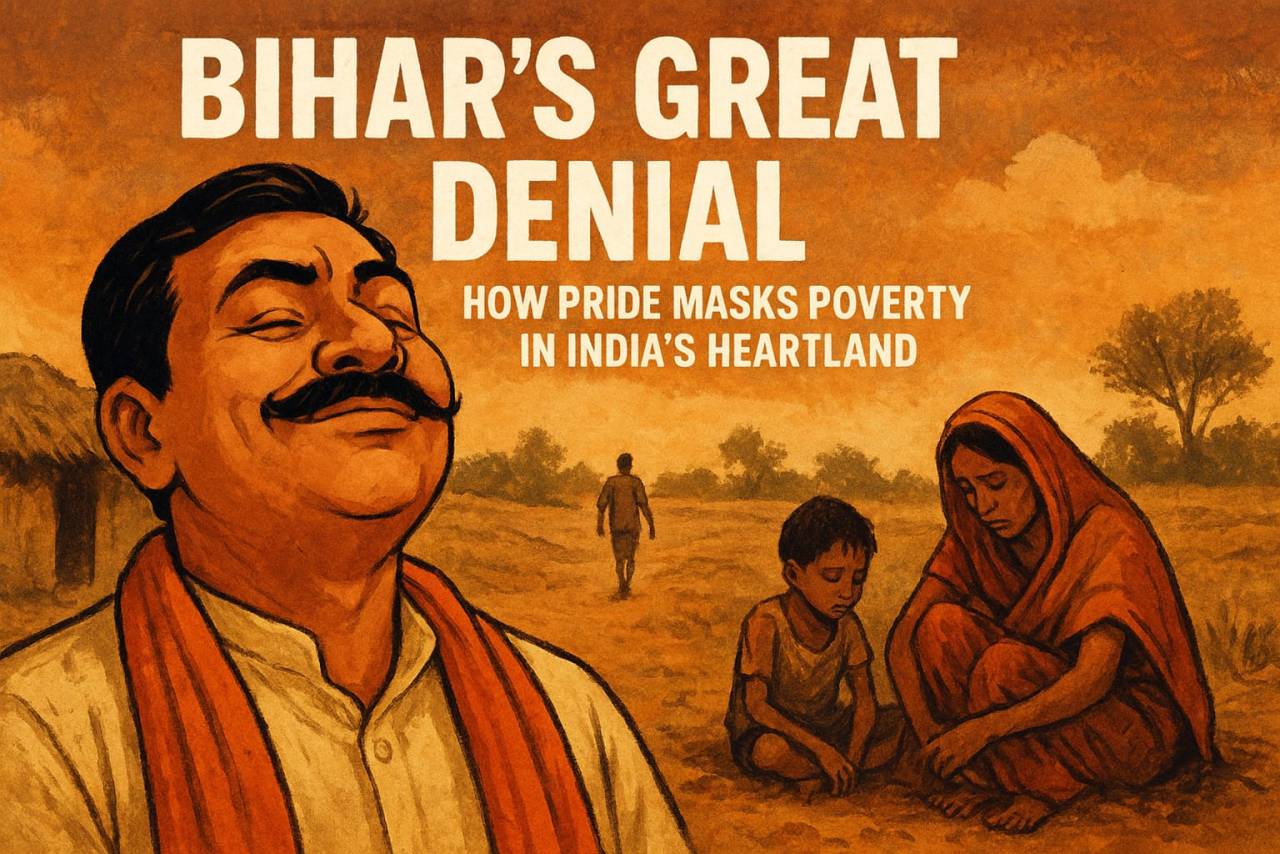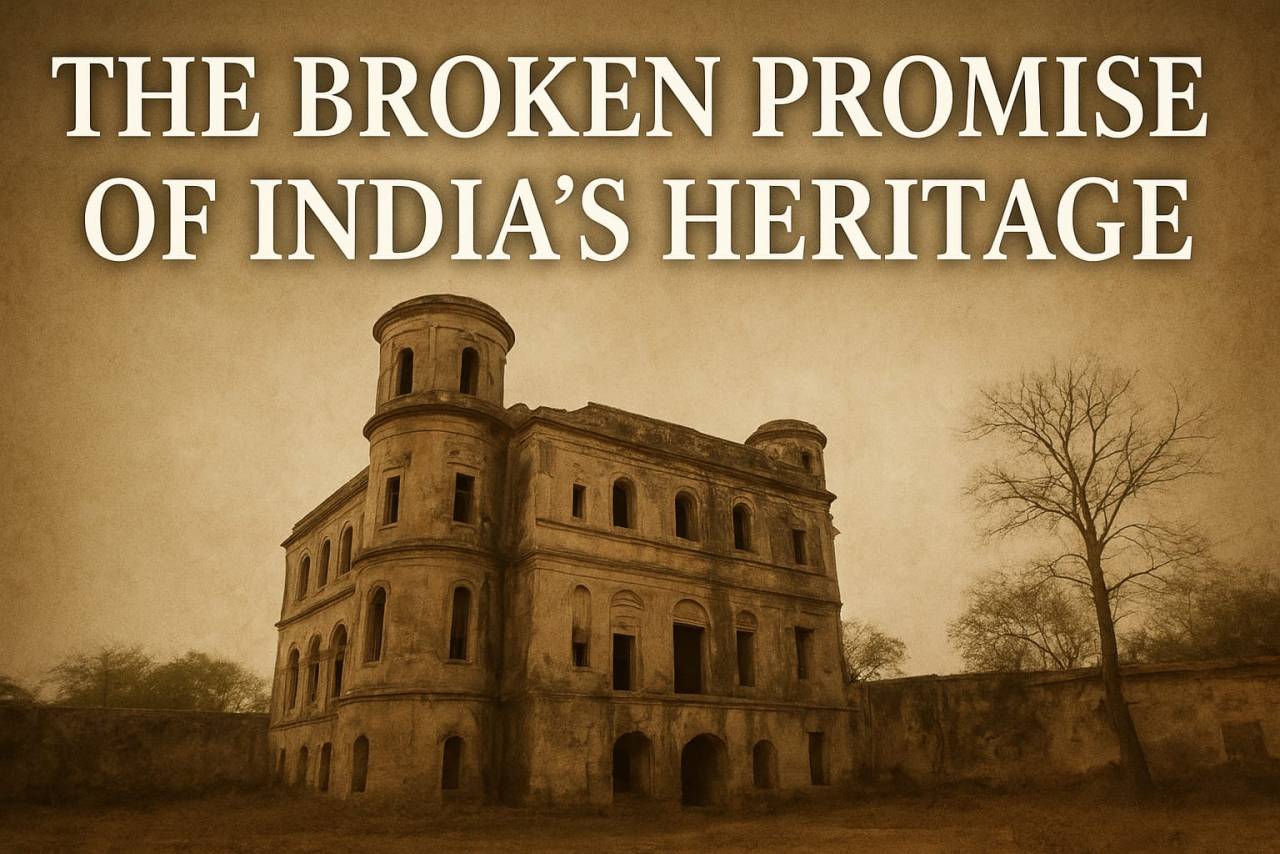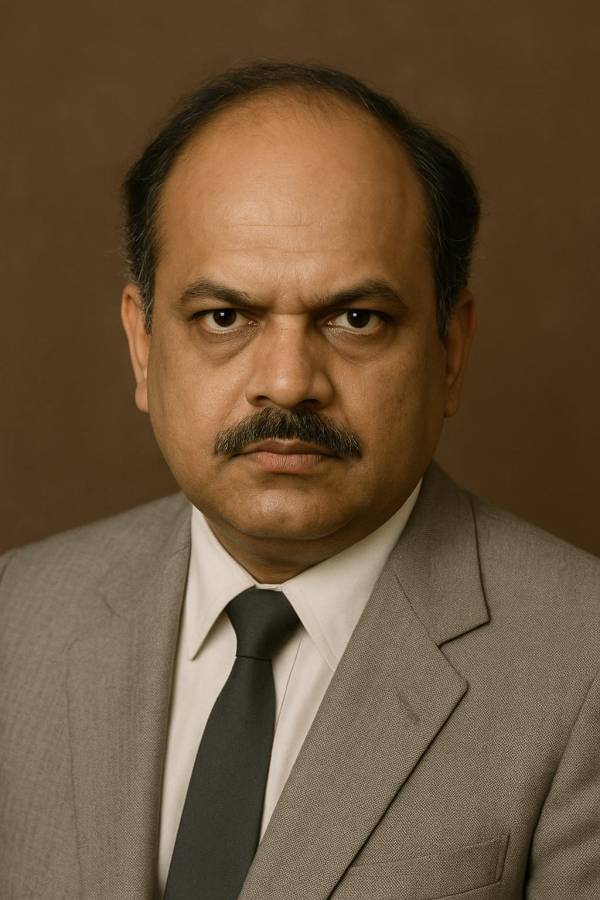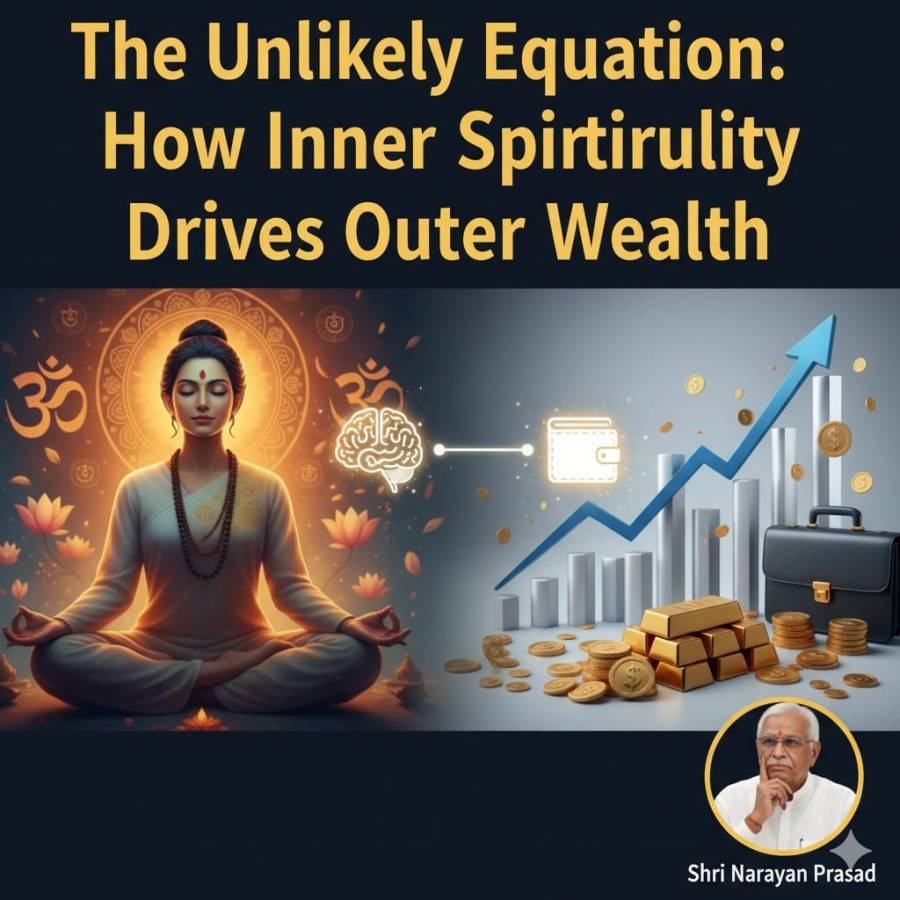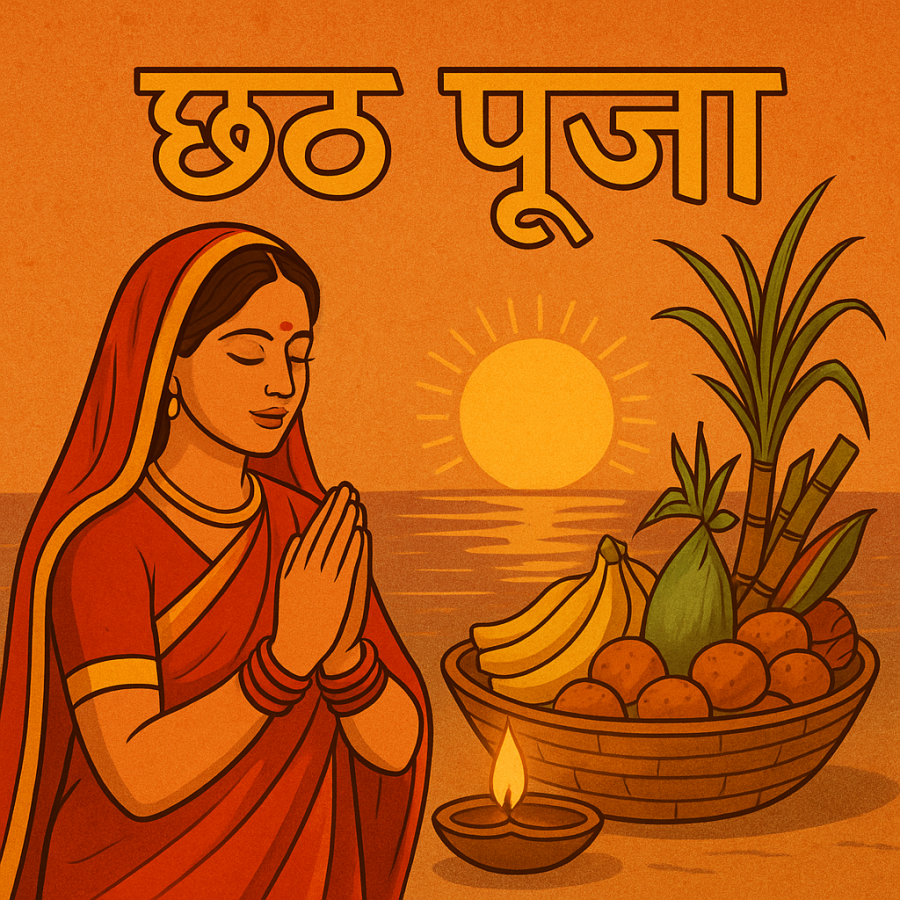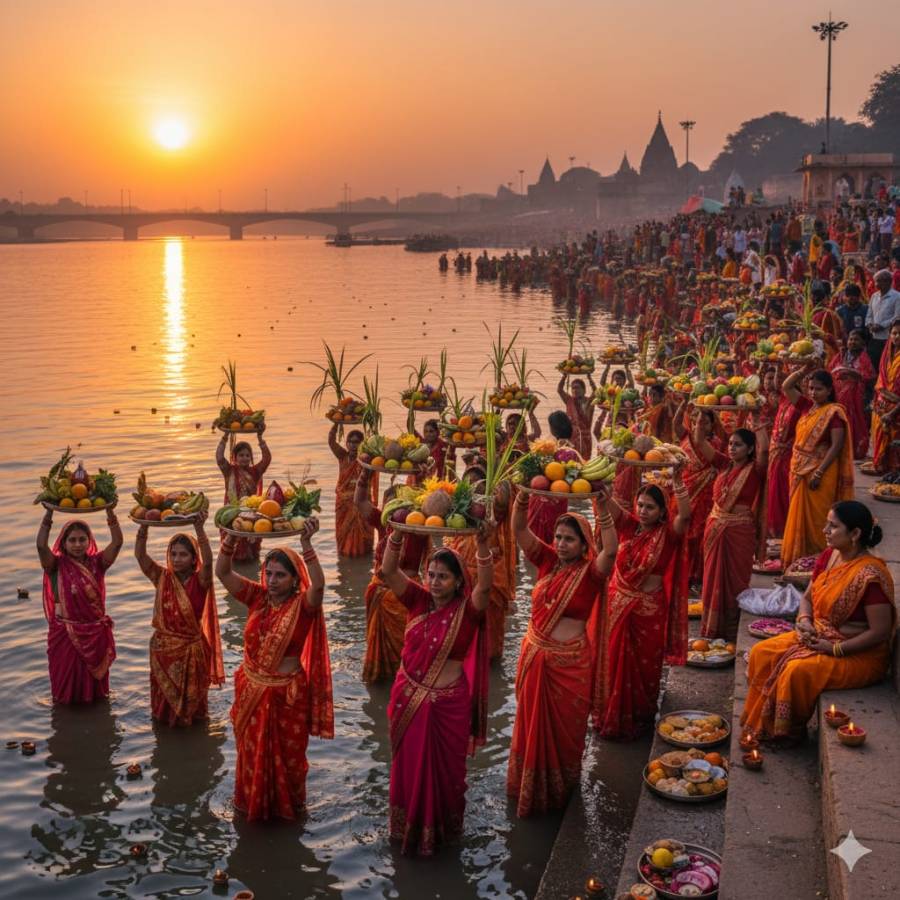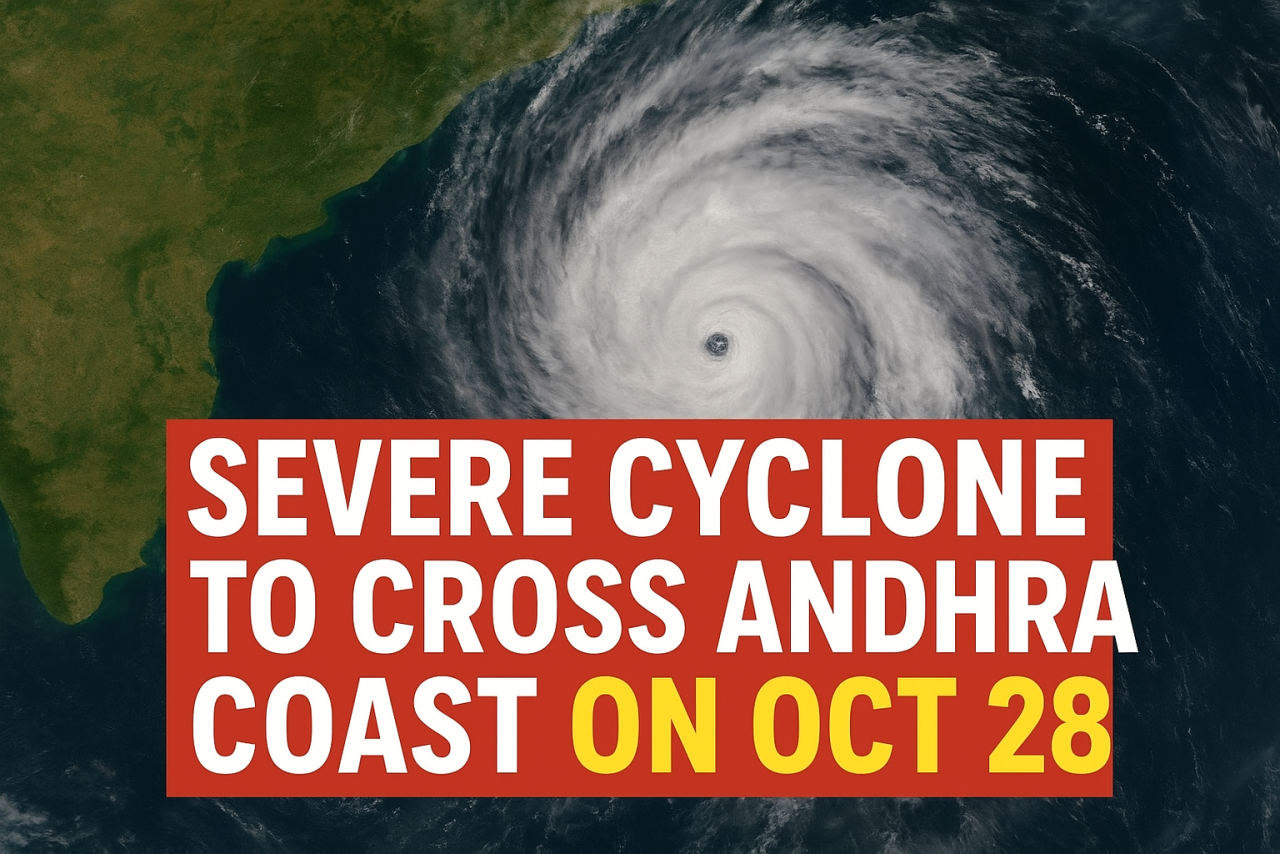
In a decisive move aimed at combating Delhi-NCR’s chronic air pollution, the Supreme Court of India has ruled in favor of a permanent blanket ban on firecrackers in the region. The apex court’s 3rd April 2025 verdict signals a turning point in how environmental laws are weighed against cultural customs and economic interests.
The Supreme Court rejected a plea filed by several firecracker manufacturers and dealers who had requested a more lenient, seasonal approach to the ban. Instead of a temporary restriction limited to festive seasons, they had sought the court's permission to sell green crackers or allow cracker sales outside a specified window. However, the bench was firm in its assessment that partial measures would be ineffective.
"We feel that a permanent ban is absolutely necessary. Restricting it to a few months will not serve any purpose as the crackers will be stored and used anyway,” the bench observed. Justice Abhay S Oka, who was part of the bench, emphasized the health hazards and environmental degradation caused by firecracker use, stating that the prohibition is “absolutely essential” to address the worsening air quality in Delhi-NCR.
The court highlighted that even so-called “green crackers,” often marketed as eco-friendly alternatives, contribute significantly to pollution levels. “Unless pollution by crackers is brought down to zero, there is no question of lifting the ban,” the court noted.
The bench also took into account the right of citizens to live in a pollution-free environment under Article 21 of the Constitution, reinforcing that public health must take precedence over other concerns, including economic interests or cultural customs. Justice Ujjal Bhuyan remarked, “Common man cannot afford to have an air purifier at home. A large number of people live on the streets. After all, right to health is an essential part of the right to life.”
The decision builds on a series of earlier orders passed by the court over the past decade, including a significant 2024 directive instructing all Indian states to impose a year-long ban on manufacturing, storing, and selling firecrackers. The Court further reaffirmed bans already in place in Delhi and Haryana on the online sale of firecrackers, while directing Uttar Pradesh and Rajasthan to submit compliance reports within two weeks.
The ruling came despite arguments from industry representatives and religious groups. Senior advocate Aparajita Singh, acting as amicus curiae, urged the court not to dilute its firm stance, pointing out that even minor relaxation could undo years of progress in air quality monitoring and regulation.
The court also dismissed claims from religious organizations that the ban infringes on traditional celebrations. A petition by a Hindu Dharma Rakshak group contending that firecrackers do not cause significant pollution was brushed aside. The court reminded petitioners of its long-standing precedent in the 1985 case filed by environmentalist M C Mehta, where the judiciary took proactive steps to safeguard public health and heritage from pollution.
Justice Oka concluded, “Our duty is clear. This court has in the past taken bold steps to protect forests, rivers, and even the Taj Mahal. The air we breathe is no less sacred.”
As Delhi prepares for yet another winter of smog and respiratory distress, this judgment may signal a turning point in India’s climate policy—where traditions evolve, but the right to breathe remains non-negotiable.


